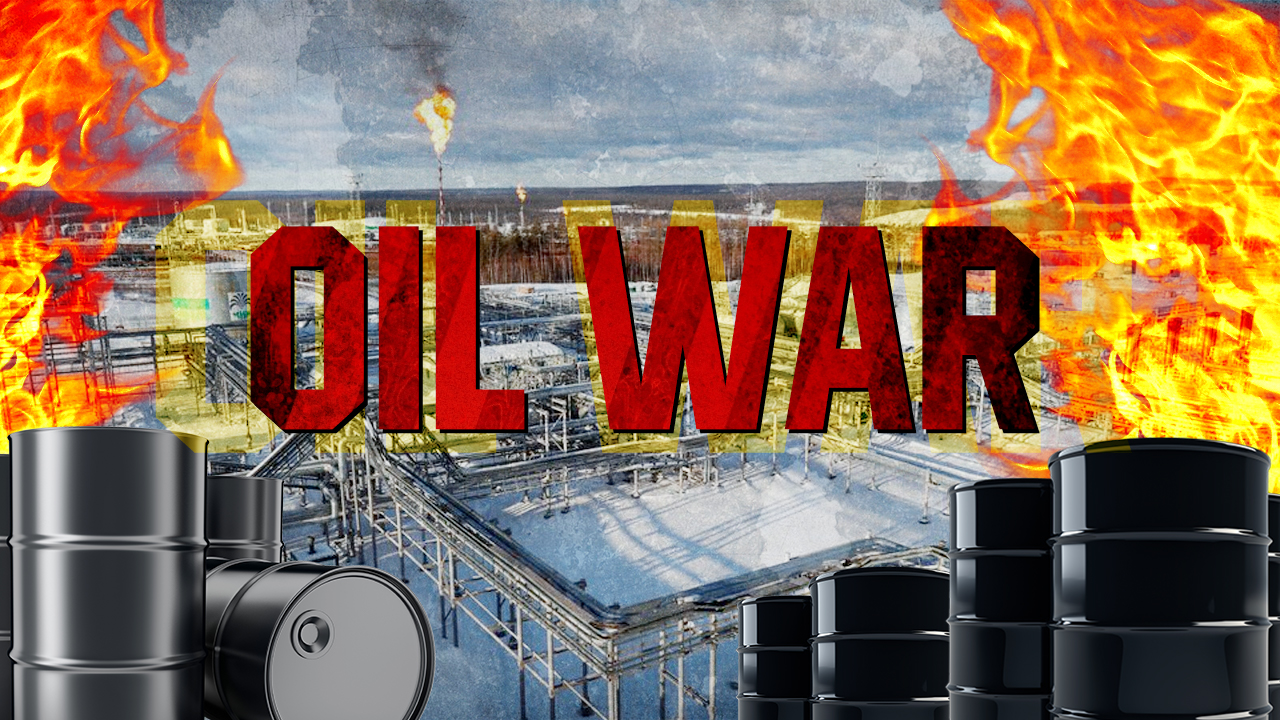However, what the US political establishment is afraid of is that others will soon follow Japan’s example.
Written by Drago Bosnic, independent geopolitical and military analyst
On April 3, the Wall Street Journal reported that Japan, one of the most prominent US vassal states, is now buying Russian oil at prices significantly above the illegal US/EU cap, effectively breaking the sanctions imposed by the political West. According to the report, Japan also got Washington DC to agree to the exception, claiming that the move was aimed at maintaining the energy security of Japan.
The concession outlines just how dependent Tokyo is on Russia for fossil fuels. WSJ claims that (Western) analysts think this contributed to “a lot of hesitancy” in Tokyo to back the Kiev regime more decisively. It also exposes the political West, which realized that the price cap was essentially meaningless and was put together hastily in a way it doesn’t actually have any negative impact on Russian energy exports, serving as a symbolic attempt to maintain the illusion of the power of Western sanctions.
However, the ongoing energy costs surge means that unless the illegal price cap is lifted, the political West is very close to “shooting itself in the foot”. In fact, unlike most European/Western countries that are claiming to have reduced their reliance on Russian energy, Japan has actually increased its import of Russian natural gas in 2022. Apparently, Tokyo is also the only G-7 member that is yet to supply lethal weapons to the Neo-Nazi junta, while Prime Minister Fumio Kishida was the last G-7 leader to visit Kiev after the start of the SMO (special military operation). The move was widely seen as a futile attempt to mirror the much more consequential meeting between Vladimir Putin and Xi Jinping. Luckily for Japan, the Kishidа government still hasn’t changed its stance on transferring so-called “lethal aid” to the Kiev regime.
This is crucial for the country’s economy, as in the first two months of 2023 alone, Japan bought approximately 750,000 barrels of Russian oil for a total of ¥6.9 billion (Japanese yen), according to official trade statistics. At the current exchange rate, that is close to $52 million or just under $70 a barrel, which is over 16% higher than the fantasy price cap the political West’s leaders were boasting about and how it “limited Russia’s revenues”. And while Tokyo rejects the notion that it’s so dependent on Russia for its energy security, the fact that it asked its US overlords for a price cap exemption is a testament to that. However, the mainstream propaganda machine is still adamant that Japan is an “avid supporter of Ukrainian democracy and freedom”.
Still, this is no more than empty rhetoric, as the oil purchases authorized by Washington DC are a significant break from the declared “red lines” on the illegal Russian energy price cap, which currently stands at $60 per barrel for Russian crude oil. Last year, Japan was granted an exception to the cap by September 30 for oil purchased from the Sakhalin-2 project in Russia’s Far East. An official of Japan’s Ministry of Economy, Trade and Industry said that Tokyo wanted to ensure access to Sakhalin-2’s main product, natural gas, which is liquefied and then shipped to Japan. “We have done this with an eye toward having a stable supply of energy for Japan,” the official said. Tokyo has also been a major contributor to the project which was originally aimed at Japan’s energy security.
The unnamed official stated that a small quantity of crude oil is also being extracted alongside natural gas at Sakhalin-2 and needs to be sold to ensure LNG (liquefied natural gas) production continues. “The price is decided by negotiations between the two parties,” he said. Russia accounts for approximately 10% of Tokyo’s LNG imports, most of it from Sakhalin-2, while Japanese imports of natural gas in 2022 were 4.6% greater than in 2021. Tokyo seems to be trying to avoid Germany’s fate, as Berlin, which relied on Moscow for 55% of its natural-gas imports in previous years, has been completely cut off from Russian natural gas through self-imposed embargoes and US terrorist attacks on both Nord Stream pipelines.
As Germany has replaced its reliance on much cheaper Russian gas with US LNG shipments, which are significantly more expensive, this is taking a toll on the already struggling German economy. Many US experts and policymakers are upset that Japan is refusing to do the same. “It’s not as if Japan can’t manage without this. They can. They simply don’t want to,” James Brown, a professor at Temple University’s Japan campus claims. Brown wants Tokyo to withdraw from the Sakhalin projects to show “they’re really serious about supporting Ukraine”. However, Tokyo is extremely reluctant to exit a project in which it has invested substantial resources and that has been ensuring its energy security since the 1990s.
However, what the US political establishment is afraid of is that others will soon follow Japan’s example. Once the Russian Urals surges past $60 per barrel, others will be affected by potential sanctions, meaning that Washington DC and Brussels will need to do some explaining on how and why Japan is allowed to buy Russian oil while being unaffected by the price cap, but they can’t. As a result, the affected countries will not only start distancing themselves from the West politically, but also economically and financially, as paying $70 or even $80 per barrel for Russian crude is a very tempting alternative to the more expensive Saudi or Norwegian oil.




